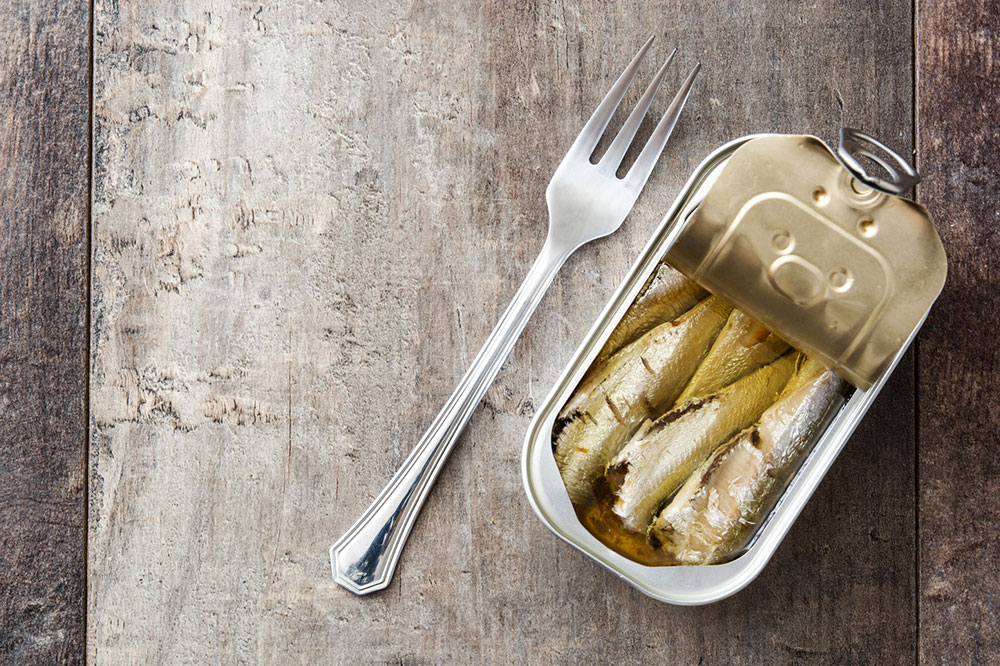
7 Food Types That Help Soothe Depression
Dealing with depression is a tough challenge. Not only does it take a toll on our mental health but also physical wellbeing. Talking to someone about the condition can be beneficial, but certain lifestyle changes can help manage signs. Certain foods naturally aid in treating depression. Incorporating these foods into the daily diet will gradually make one feel changes in their mood.
Zinc-rich Foods
Oysters and other types of shellfish play a key role in mental health. The zinc present in them helps with brain activities and boosts concentration, behavior, and attention. Often, people with depression have low levels of zinc in their system. Oysters help make the balance and are also a rich source of vitamin B12, omega-3 fatty acids, and selenium.
Healthy Fats
Healthy fats like those found in nuts are good for the brain. Almonds, walnuts, and pecans are some of the foods that help soothe depression. Rich in fibers and proteins, almonds help with weight loss and reduce hunger pangs that may affect some depression patients. They also reduce blood pressure levels.
Fermented Foods
According to studies, probiotics and gut bacteria help in developing mental health. The reason for this is unclear, but certain foods like kimchi and yogurt can do wonders to soothe depression and its symptoms. It’s advisable to add kombucha, miso, tamari, tempeh, and sauerkraut to daily meals.
Oily Fish
Oily fish are rich in omega-3 fatty acids and are extremely beneficial to depression patients. It boosts vitamin D in the body and balances blood and sugar levels. Salmon and other fishes contain DHA and EPA properties that are directly linked to mental health. Adults must incorporate 4 to 6 ounces of fatty fish two to three times per week.
Leafy Vegetables
Green and leafy vegetables are loaded with all the right types of nutrients and minerals. Spinach, kale, peppers, broccoli, and other such greens boost mental health. They are rich in vitamin C, beta-carotene, and folate. The last-mentioned nutrient is extremely essential and associated with depression.
Lean Proteins
People usually link protein with muscle building which is not right. Eating the right amount of lean protein every day can be very effective in managing depression symptoms. One must try to get a balance of plant and animal protein in the daily diet. Incorporate fish, poultry, eggs, and low-day dairy. Not all protein is absorbed by the body; hence, it is necessary to eat some on a daily basis.
Beans
Beans are rich in fiber and are directly beneficial to the digestive tract. A healthy and clean stomach and make a difference in daily mood and boost morale. Fibrous foods contain short-chain fatty acids that have anti-inflammatory properties. This implies that these foods play a positive role in eliminating the transmitters that trigger depression.


